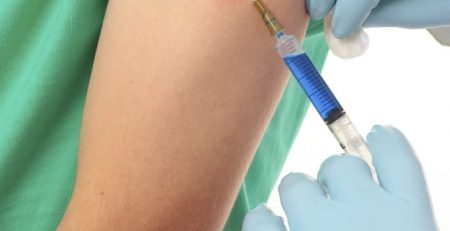SIRT3 Protein: The Key to Aging?
UC Berkley researchers have made a large advance in understanding the molecular reactions that cause aging.
Over the past 20 years, scientists have begun to understand aging better. Initially, aging was believed to be a random process. However, just like most processes in our bodies, it has proven to be detailed and regulated. For quite some time, it has also been known that sirtuins control the aging process. This study, conducted by UC Berkley, is the first of its kind to prove that these sirtuins can also reverse age-related degeneration.
In this study, our favorite little research animals, mice, had thier current stem cells injected with a longevity protein, thus increasing their regenerative potential. This miraculous longevity protein, known as a SIRT3, belongs in a class of proteins called sirtuins. Surtuins help old stem cells to cope with stress. SIRT3 is located in cell’s mitochondria and helps to control new cell growth, as well as the death of old cells. SIRT3 is activated in certain species during starvation periods and helps to ensure survival. As we age, tissue breaks down, and the job of adult stem cells is to repair it. However, as our age progresses, they start to lose that capability. Our metabolism has natural byproducts that harm our bodies. When we are young, these byproducts are relatively low in number, however as we age, these byproducts increase. That is where SIRT3 steps in and helps.
The study was controlled by disabling the SIRT3 in young mice. It made no immediate impact, however as the mice aged, they had fewer blood stem cells. Additionally, thier ability to regenerate new blood cells decreased. A next step will be to test if adding too much SIRT3 can result in a prolonged lifespan. While this all seems exciting, I just hope that we all don’t start living forever. Just imagine if retirement started at 100+ years old!
In addition to this research, SIRT3 has also, interestingly enough, been found to supress tumor growth.
Danica Chen is the study’s principal investigator and assistant professor of nutritional science and toxicology at University of California Berkley.
The University of Toronto, Massachusetts General Hospital’s Center for Regerative Medicine, and Harvard Stem Cell Institute, also contributed to this study conducted at UC Berkley. The study was partially funded by The Searle Scholars Program, The National Institutes of Health, and Siebel Stem Cell Institute.














